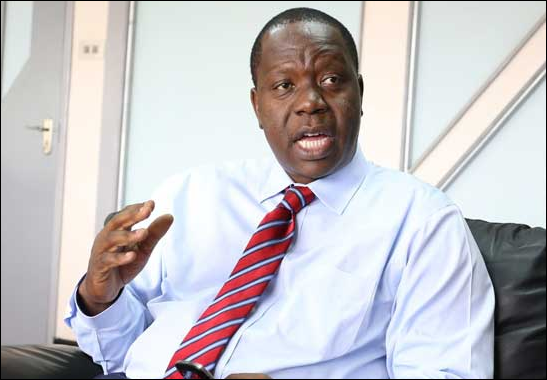
A month has passed since the mad rush to get all primary school leavers into secondary schools. First off, it is fair to say the whole affair was a disaster. It is almost as if the Ministry of Education was doing secondary school placements for the first time, and with little thought about the details. The ministry had to reverse itself after giving conflicting or unworkable directives to head teachers. Second, even after the glaring failures, no one was held accountable. Not the Principal Secretary, the Chief Administrative Secretary, or the Cabinet Secretary. In a well-governed state, the placement fiasco coupled with the botched launch of the new curriculum would have resulted in heads rolling.
Not in Kenya. Despite having an increasingly more complex economy, we remain stuck in a world of policymaking through pronouncements and launches of projects without a shred of accountability. Our top policymakers have yet to show any evidence of being concerned about the details.